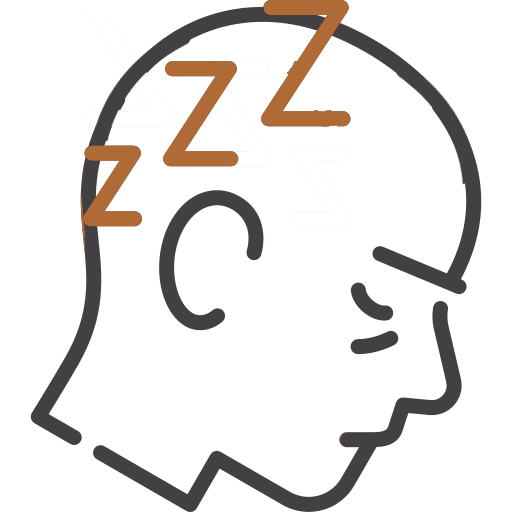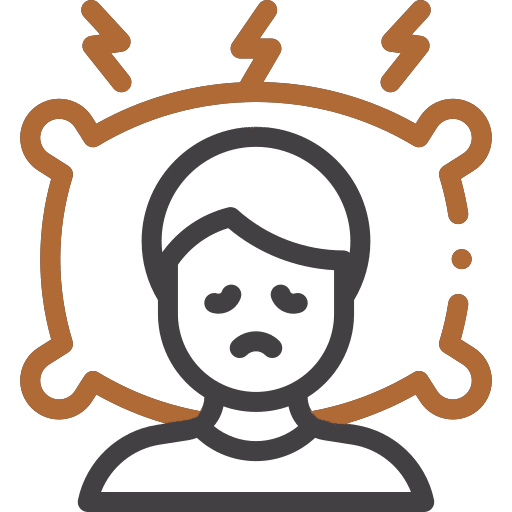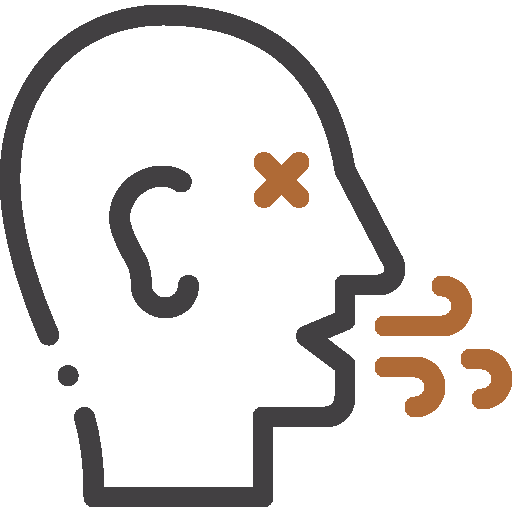Ativan (lorazepam) is a medication primarily prescribed for anxiety disorders and related conditions. While it can be highly effective when used as directed, its misuse and abuse can lead to serious consequences for individuals and their loved ones. In fact, it was reported that about 7% of high school students in the US had abused drugs including Ativan. In this article, we will delve into the topic of Ativan abuse, offering a lifeline to those affected.






